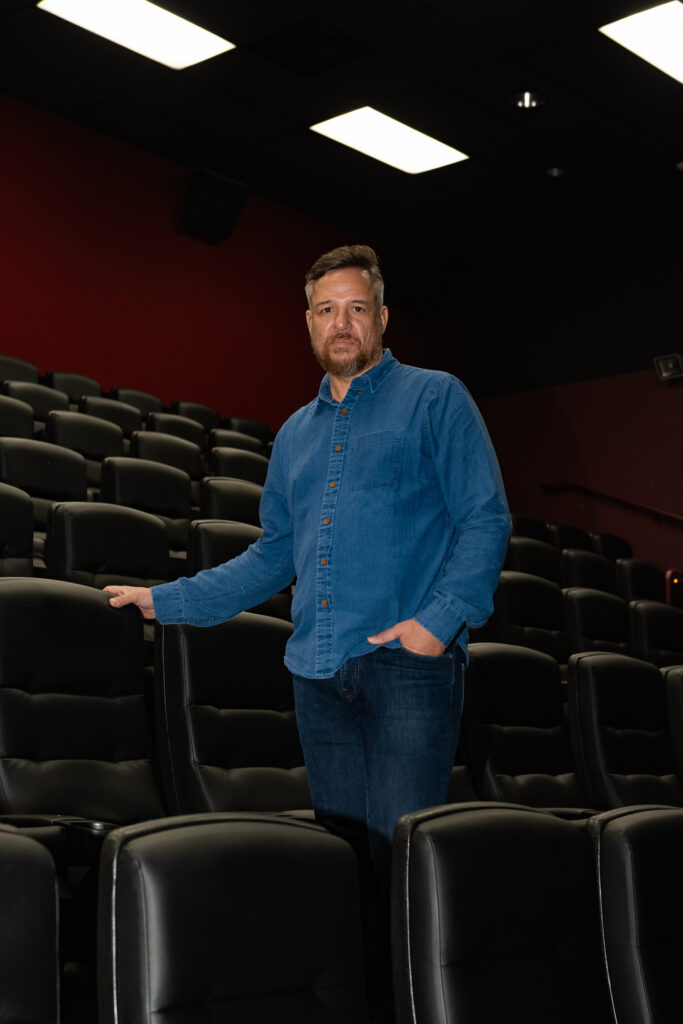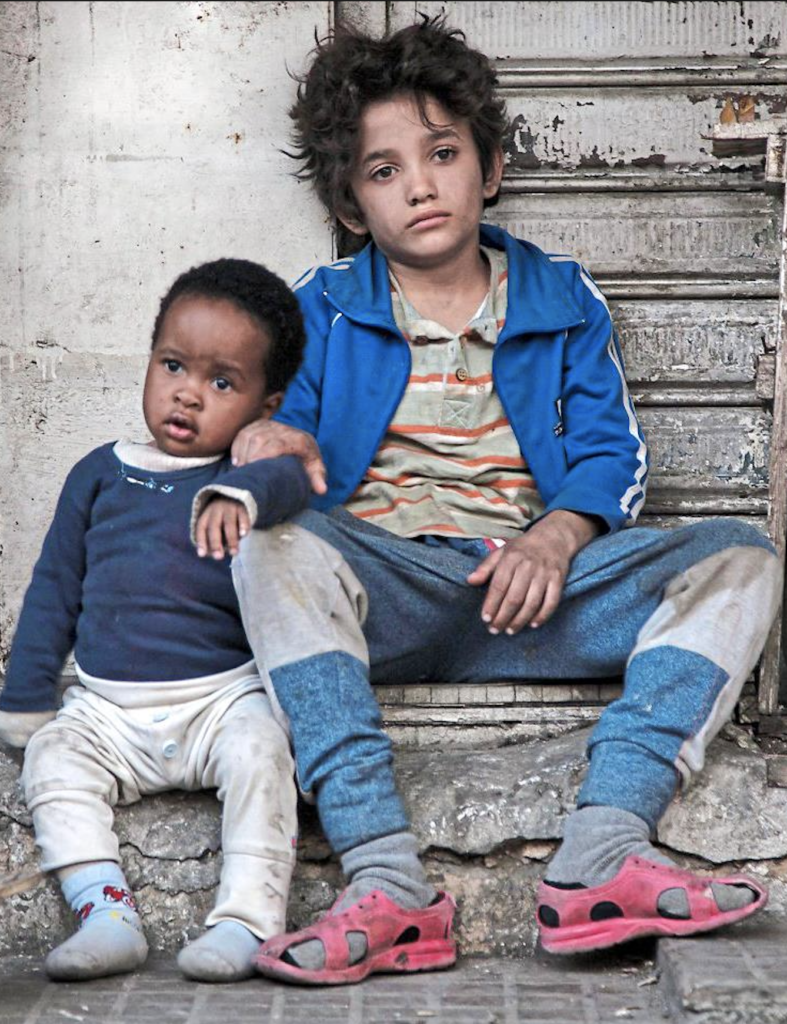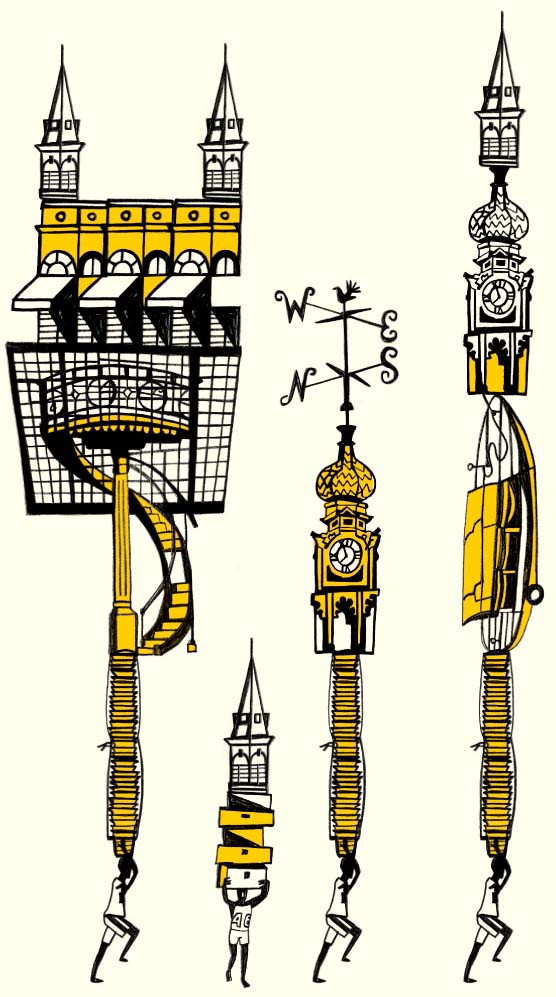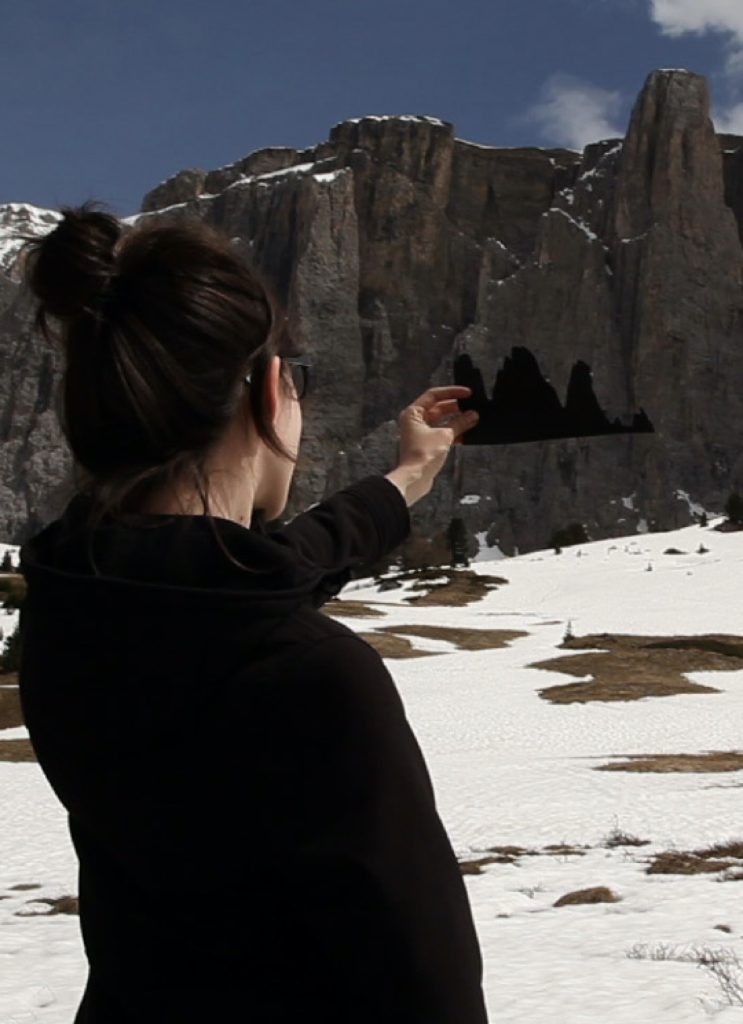
at Cineplex Yonge Dundas, Toronto
Education
Hudson Moura holds a Ph.D. in Film and Comparative Literature from Université de Montréal and completed a Postdoctoral Fellowship in Art & Culture at the School for the Contemporary Arts, Simon Fraser University, Vancouver. A multilingual scholar fluent in English, French, Portuguese, and Spanish, Hudson has published and taught extensively in all of these languages. His scholarly work bridges diverse cultural, political, and linguistic contexts, contributing significantly to the fields of film studies, comparative literature, contemporary arts, and politics.
Forthcoming Book: L’Image-exil
My forthcoming book, L’Image-Exil : L’expérience du déplacement au cinéma d’après Gilles Deleuze et Maurice Blanchot (Presses Universitaires du Septentrion, Universités Hauts-de-France), explores the intersections of exile, memory, and identity in cinema. Introducing the concept of “image-exil,” it critically examines how film captures the experiences of displacement through the lens of Deleuze and Blanchot’s film theories. By analyzing key works such as Tarkovsky’s Nostalghia, Glauber Rocha’s Claro, and Wim Wenders’ Notebook, the book contributes to contemporary discussions on migration and cinematic representation.
Editorship
Founder and editor-in-chief of the academic peer-reviewed journal Interactive Film and Media Journal hosted by Toronto Metropolitan University Library and Archive and OJS/PKP open-access journal system. The journal has published significant proceedings from the Interactive Film and Media Conference, including Vol. 4, N. 1 (2023/2024), Vol. 3, N. 1 (Winter 2023), and Vol. 2, N. 4 (Fall 2022). As editor, I have also curated special issues such as the “Trajectoires du cinéma brésilien contemporain” (Vol. 22, N. 1, Fall 2011) and the “Jerusa Pires Ferreira Dossier” (February 2008).
Seminars, Roundtables, and Conferences Organized
Throughout my academic career, I have organized and chaired numerous seminars, roundtables, and international conferences, concentrating on various aspects of film, literature, media, and cultural studies. These events have delved into forward-thinking topics such as interactive narratives, digital media, and the intersections of politics and cinema, fostering interdisciplinary discussions across global platforms.
Notably, I have chaired multiple editions of the Interactive Film and Media Conference, collaborating with esteemed institutions including the University of Texas at Dallas, New York University Abu Dhabi, University of Bayreuth (Germany), University of York, University of Kingston, University of the West of England Bristol, Trinity Leeds University (UK), University of São Paulo, NOVA University of Lisbon, Ithaca College (New York), The Glasgow School of Art (Scotland), and Jamia Millia University (India).
Also, I have coordinated seminars at the American Comparative Literature Association (ACLA) Annual Meetings and organized panels for the Visible Evidence Conference, with a particular focus on the evolution of interactivity in storytelling and the 21st-century refugee experience. These initiatives have created vibrant forums that unite scholars, practitioners, and students from around the world, enabling dynamic exchanges of knowledge and ideas.
Promoting Diversity, Critical Thinking, and Writing Practice
As a scholar and documentarian, what motivates me is the desire to share the knowledge that may be significant to others, and knowledge that reflects my own transnational identity and multi-ethnic French and Brazilian (Black, Indigenous, and European) background. In bringing my life experience and research to my creative work and into the classroom, I aim to construct a stimulating open-minded space for discussion and learning and also promoting active and inclusive participation drawing on diverse fields and cultures. Through this experience, I believe I built a safe and inclusive space for all to express their opinions and actively engage with topics on gender, race, and class through their personal social environment and cultural experience. Thus, I encouraged students to improve their critical faculties through the process of writing reviews on literature, film, new media, and art exhibits.
The section Intermedias Review of this website provides a dynamic environment for students to publish their writings as well as to provide resources as archives for researchers in politics, film, literature, culture and the arts: check students’ reviews and essays here.
Teaching
A member of the Yeates School of Graduate Studies in the program of Immigration and Settlement Studies at Toronto Metropolitan University (formely Ryerson), Canada. Teaches film, new media, and politics courses focusing on diaspora, migration, global justice, and digital divide at the Department of Politics and Public Administration at Toronto Metropolitan University. Previously has taught at the University of Toronto, the University of British Columbia, Simon Fraser University, Université de Montréal, Universidade do Algarve, and Pontificia Universidade Católica de São Paulo. Courses on diaspora, world cinema, cultural studies, politics, literature, new media, and film.
Guest Lecturer
I have been invited to deliver guest lectures at numerous prestigious institutions and international academic events. My talks span a broad spectrum of topics, including interactive narratives, global cinema, and the intersections of exile, migration, and politics in film. Delivered in English, French, Portuguese, and Spanish, these lectures engage critically with key debates in film, media studies, and contemporary cultural theory. Notable invitations include presentations at leading institutions such as Harvard University, McGill University, University of Ottawa, Saint Joseph’s University (Philadelphia), Sorbonne Nouvelle University (Paris), University of Gothenburg (Sweden), University of Beira Interior, University ISCAP of Porto, NOVA University of Lisbon (Portugal), University of Brighton (UK), University of Brasília, Federal University of Mato Grosso, Federal University of Feira de Santana, State University of Bahia, and University of São Paulo (Brazil), University of Udine (Italy), among others. My contributions provide valuable insights into the evolving dynamics of media, cultural discourse, and political engagement in the global context.
Teaching Philosophy
My research, creations, and teaching always traverses and draws parallels between film, media, culture, and literary studies. My aim is to train students, through an interdisciplinary and multicultural approach, to understand: the prominence of film and literary studies in political debate, new media’s increasingly influential role in Western society, and the convergence of transnational media, literature and the arts. In order to more fully understand the influential role of transnationalism in a global society and in contemporary cross-border geopolitical cultures, I love cultivating students’ interests in intercultural and comparative theories and research and introducing them to the strengths of cultural exchange. I love to teach, and my goal is to give students tools with which to think, rather than to enforce particular political or aesthetic agendas. With their increasingly active participation with media in their lives, they need more interactivity and personal involvement in the classroom to become creative and independent thinkers and to accept more responsibility for their involvement with course material.
Community Engagement
Throughout my career, I have remained deeply committed to fostering community engagement through a variety of collaborative and educational initiatives. As a coordinator and programmer, I have organized numerous film screenings, discussions, and debate series focused on critical themes such as migration, democracy, Indigenous issues, and social justice. These events, often held in Toronto and in collaboration with local and international institutions, seek to bridge the gap between academia and the broader community by encouraging public participation in discussions on pressing global issues. I have worked closely with cultural institutions such as the Alliance Française, General Consulate of France, General Consulate of Brazil, and the Camões Institute (Portugal), among others, to elevate these topics to the forefront of public dialogue. Through these initiatives, I strive to promote inclusive and informed conversations that engage diverse audiences, fostering both local and global community connections. My work also focuses on promoting interculturality in film and media, with an emphasis on the politics of race, migration, gender, and minority representation—specifically Indigenous, Black, anti-racist, trans-feminist, and queer communities—related to technology, media, and digital practices. I am an active member of the Betinho Project Group, which advocates for human rights and participatory democratic processes while campaigning against hunger. Additionally, I am a co-founder of the Cabra Audiovisual Collective, an initiative dedicated to defending democratic values, free speech, and citizenship through audiovisual production.
Areas of Interest
Storytelling across media, literatures, cultures, and languages is an essential component of my research work.

Refugees, Diaspora and Exile Experience and Discourse
The evolution of the story of exile, refugees, and diaspora in various filmic and writing practices as well as the transformation of narratives by the experience of displacement. How to tell/recount an experience so complex? Or, as per Julio Cortázar, what impact do exile, refugee, and diaspora have in the writing process? How are the experiences of exile and diaspora articulated? To what extent do attempts to relate deterritorialization / reterritorialization lead to a renewal of narrative? The experience of displacement determines the author’s conception of the world and sense of belonging. Both are seen from a displaced perspective: in-between places and cultures.

Luso-Afro-Brazilian Literature and Cinema
The study of texts and audiovisuals and consideration of the various ways authors express and situate themselves in culture. Semiotics, philosophical, political, and cultural analysis, discourse and narrative on Luso-Afro-Brazilian representative works in literature, cinema, as well as drama, and the language focusing on race, gender, and cultural studies. The complexities of a process of (de)colonization and mixegenation embarks a comprehensive understanding of human diversity of lusophone and portuguese speaking world and what it means to be an African, European and indigenous descendant.

Narrative, Politics, Media and New Technologies
From orality to text based and the advent of the digital revolution, the storytelling is leading from literacy to so-called post-literacy. How does storytelling or reading change in a nonlinear narrative? It is a phenomenon of transmigration or should we think of the existence of a universal archetypal background? Technological devices and personal media players have proliferated screens in public and private spaces. The re-representation of one medium by another has constituted a new urban landscape. What is our political and ethical responsibility with the increasing of screen based and digital technology? What kind of political expressions does this new digital cultural trading produce?